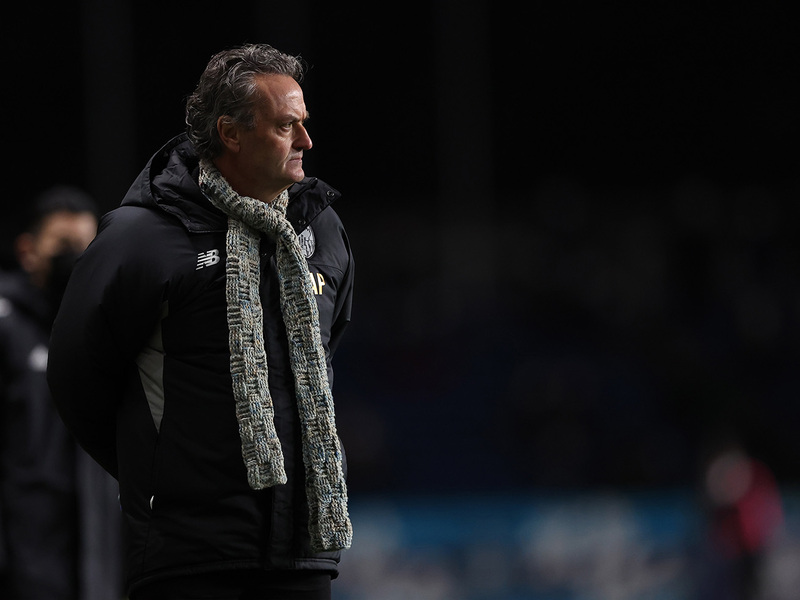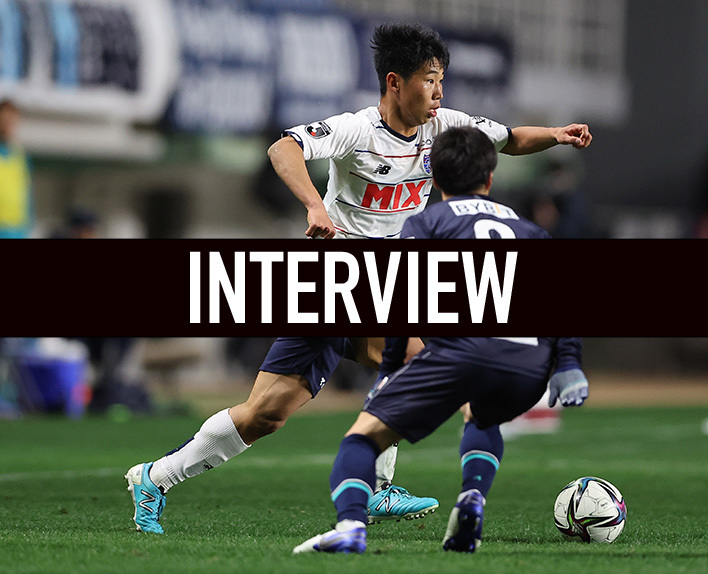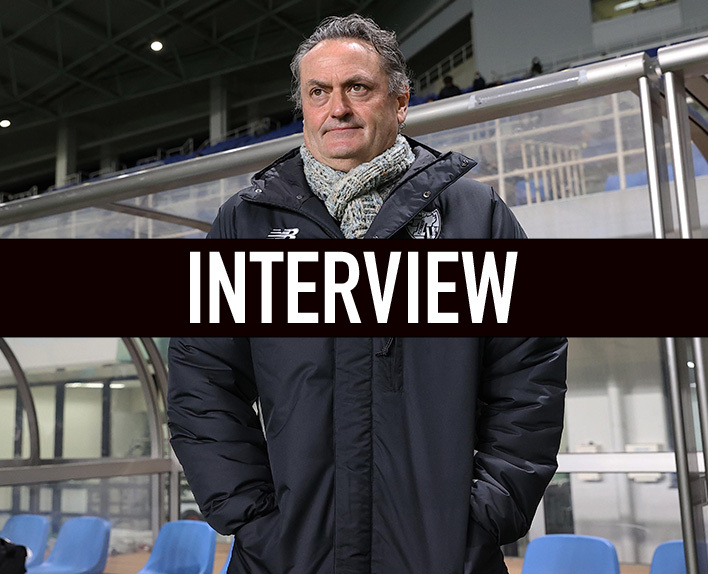Tito Vilanova, who was once a key advisor to Josep Guardiola (Pep) and managed the FC Barcelona first team after Pep's departure, cited the following two points as principles of the Barca style.
One is to "maintain possession of the ball and continue attacking in the opponent's territory," and the other is to "regain possession immediately after losing the ball."
No matter what the system is—rather, the system is secondary—practicing these two principles is the most important thing, he said during his lifetime, having passed away at the young age of 45 in April 2014.
The concept is actually very simple. To put it bluntly, theoretically, any club in the world can become like Barcelona just by doing that. However, practicing this on a daily basis is surprisingly difficult, much like trying to draw a perfect circle in one stroke; it looks easy but is much harder than it seems.
The Pep Guardiola's Barcelona in the late 2000s was able to establish an era of overwhelming possession football because there was a solid philosophy at its foundation.
"If you're going to win ugly, then lose beautifully"
"Football must always be offensive and spectacular. As long as you control the ball, you won't be attacked by the opponent."
"There is no need to run. Just let the ball run."
The style of play proposed and instilled by Johan Cruyff, who was Pep's mentor, has been passed down to the present day.
In 1988, Cruyff returned to Barcelona as a coach after his playing days, and the first thing he worked on to instill his philosophy in the team was a "consistent education" from the youth academy to the first team. From young boys to the stars of the first team, Cruyff had all his players play under the same philosophy of valuing their own ball and in the same style.
In this way, Pep, Xavi, Andres INIESTA, and Lionel Messi naturally acquired the Barcelona style, just as a young child learns a new language by listening.
Here lies the unique advantage that only Barcelona possesses, which cannot be easily imitated. Of course, there have been coaches like Louis van Gaal, who relied heavily on Dutch players in the past, but it was Pep who maximized that advantage and achieved great success that remains in football history, having led the first team for four seasons starting from the 08-09 season.
"The fact that a newly promoted cantera player (a player from the youth academy) can easily fit into the first team is because they have been exposed to the exact same style of football in the academy."
Once, Pep said that the players inherently understood how to fight, so there was no need to build tactics from scratch based on the characteristics of the players. To put it bluntly, even if left alone, a high level of automatism was displayed on the pitch.
Therefore, I personally believe that Pep has strengthened his identity as a tactician after leaving Barcelona and leading Bayern Munich and the current Manchester City, where such advantages do not exist.
Of course, since his time as Barcelona's coach, he was so dedicated to research that he would spend all day in the video room analyzing opponents, and there were many "inventions" created by Pep at that time, such as Messi's use as a "false nine" and the conversion of defensive midfielder Javier Mascherano to center-back. Nevertheless, the aforementioned Vilanova testified during his time as an assistant coach.
"Pep completely read the opponent team's strategy against Barcelona. To prevent us from having free passing, the enemy will set a high line and come to steal the ball with high pressing. However, that doesn't mean Pep prepared any special training regimen or provided specific tactics. He simply instructed us to exploit the space behind the defensive line, and the players with high quality executed it perfectly."
In the modern football world, where the liberalization and internationalization of the transfer market have progressed, Pep's Barcelona, which stood at the top of the world centered around homegrown talent, can be said to be an extremely exceptional existence.
This season, the Spanish Albert PUIG ORTONEDA, who has taken over as the coach of FC Tokyo, aims for possession football based on positional play that idealizes Pep's Barcelona.
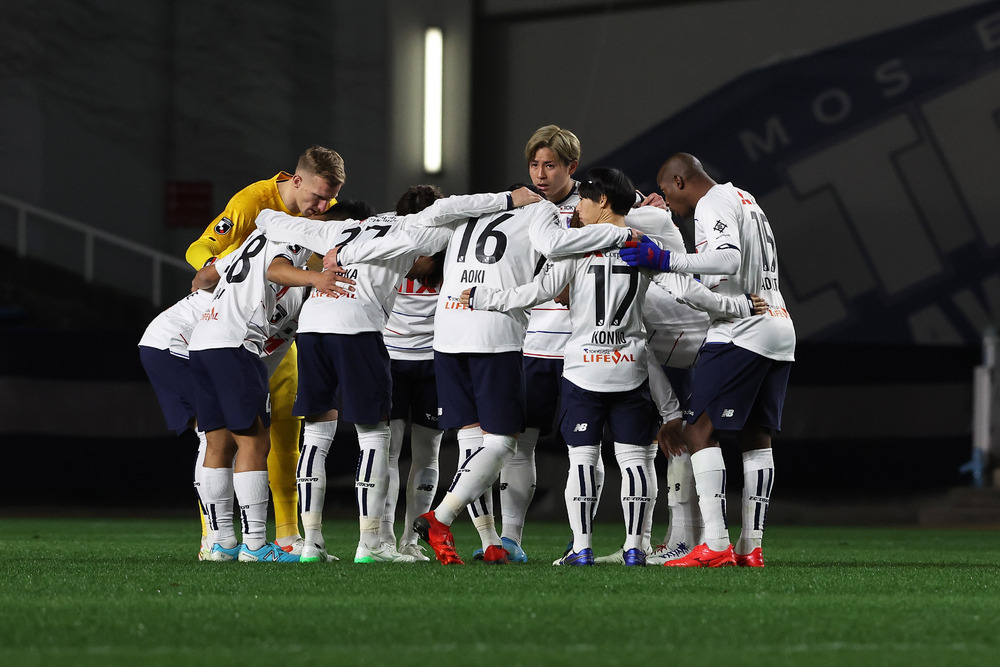
However, as a passionate follower of Cruyff and Pep, and having experience as a coach and academy director at Barcelona's youth academy, he surely understands how difficult that is. Even at Albirex Niigata in J2, which he led for two years until last season, they provided a spectacle with possession-based football, but they were unable to achieve promotion to J1.
Currently, FC Tokyo does not have an attacking philosophy rooted like Barcelona's, nor do they have players who have been consistently educated in a ball possession style from the academy forming the core of the team.
"We need time"
Coach Albert PUIG ORTONEDA often expresses that he is not creating an escape route, but rather sharing his genuine and honest feelings. Just like cells dividing, the highly coordinated football that creates triangles one after another on the pitch to approach the opponent's goal, or the high-press football that can be said to start the attack the moment the ball is lost, indeed takes time to realize.
For FC Tokyo to seriously realize the football that Coach Albert PUIG ORTONEDA aims for, it is important not to rush into that realm, including the club and fans/supporters. Therefore, what Coach Albert should first focus on is the role played by Cruyff in establishing the foundational way of thinking. In other words, it is the cultivation of 'Tokyoism' instead of 'Total Football'.
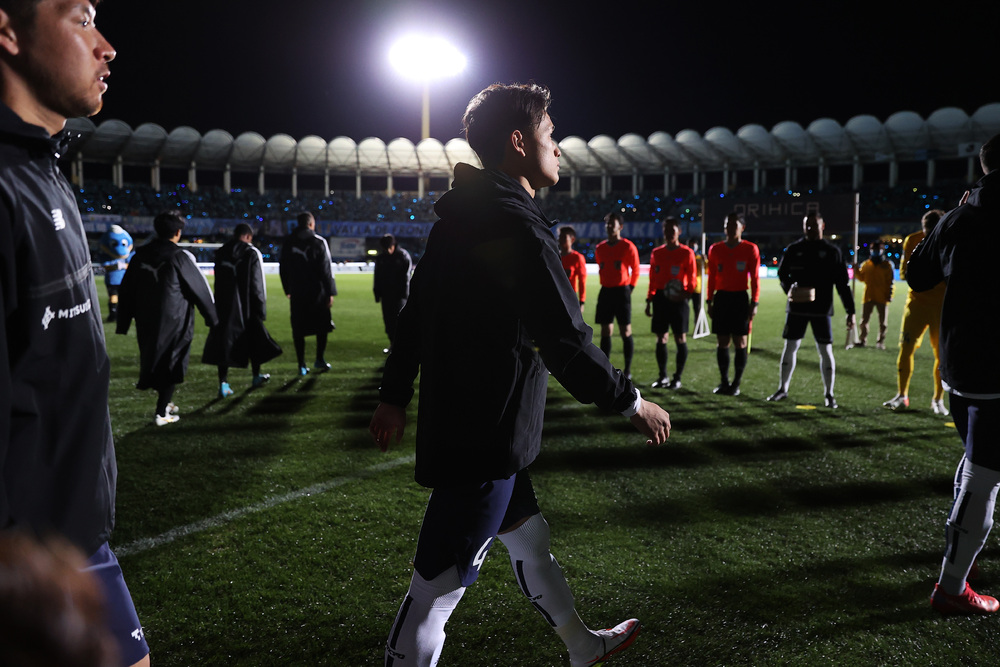
"In the first year, I want to build a foundation, and in the second year, I want to get off to the best possible start. However, I cannot guarantee a title."
From Coach Albert's comments, and the fact that 18-year-old rookie Kuryu MATSUKI was immediately used as a starter in the opening match against Kawasaki Frontale, we can see a mid-to-long-term strengthening policy. However, if we want to minimize the time spent on solidifying the basics, we should cultivate excellent talent in the academy while also skillfully incorporating external players that align with our playing concept. Even in Pep's Barcelona, external talents like Dani Alves, Pedro, and David Villa became valuable assets that filled gaps that could not be filled by just homegrown players.
However, in terms of reinforcement, Pep at that time drew quite a few losing tickets. A representative example would be the Ukrainian national team center-back, Dmitro Chygrynskiy (currently AEK Athens), who was acquired due to his footwork but did not fit into the team. Additionally, there were conflicts with Zlatan Ibrahimović (currently AC Milan) regarding his usage, indicating that Pep, when he was still inexperienced as a manager, was not as skilled in team management as he is now.
That is why the importance of philosophy and the excellence of the cantera players stand out even more.
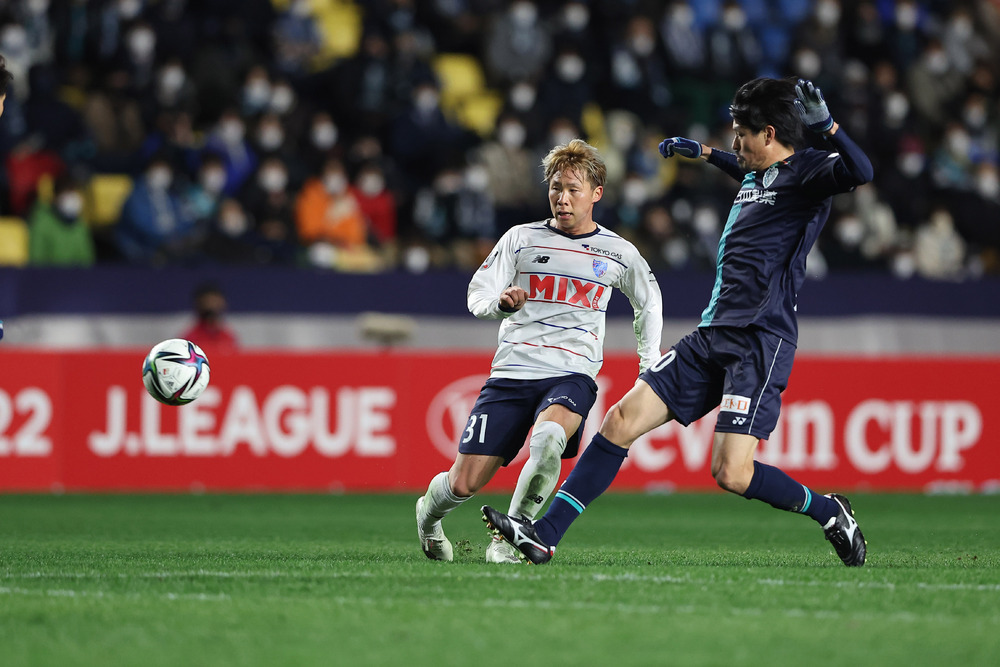
Of course, about 10 years have passed since the Pep Barcelona era, and modern football now demands stronger physical and athletic abilities. Both Barcelona and Pep, who left Barcelona, have been updating their tactics almost every year to adjust to this change. The trend of positional play, which emphasizes positional superiority such as the 'false full-back', can be said to have been initiated by Pep. However, recently, Barcelona may give a stronger impression of trial and error rather than updates. Still, the underlying philosophy remains unwavering, and having a foundational point to return to when in doubt is significant.
Once, in the 01-02 season of Barcelona, there was a left back named Francesco Coco. The first Italian player in the club's history was raised in AC Milan's youth system and was even called the "successor to Paolo Maldini," but he was always the target of boos at Camp Nou. Connecting fearlessly from the back line to break through is Barcelona's style. The fans (Culés) could not forgive him for simply kicking the ball out for safety first.
I wonder how long it will take for that culture to take root in FC Tokyo, and for Albert Tokyo to find the point of origin to which it can always return.
Needless to say, Coach Albert PUIG ORTONEDA's reforms have only just begun, and the cultivation of a mentality that urges players to "love the ball like a lover" cannot be achieved overnight. Still, it is important to wait patiently. Beyond that, there is surely a style that defines FC Tokyo, one that will remain steadfast for the next decade, or even half a century.
Text by Haruyoshi Yoshida
